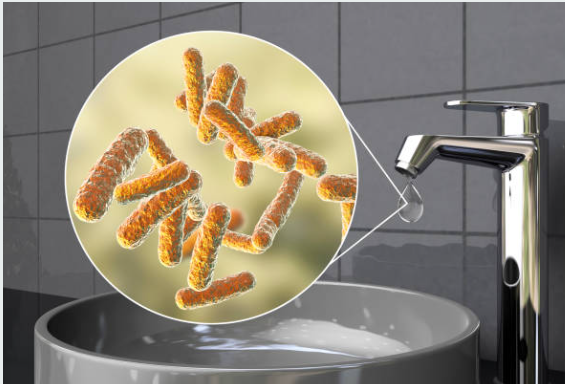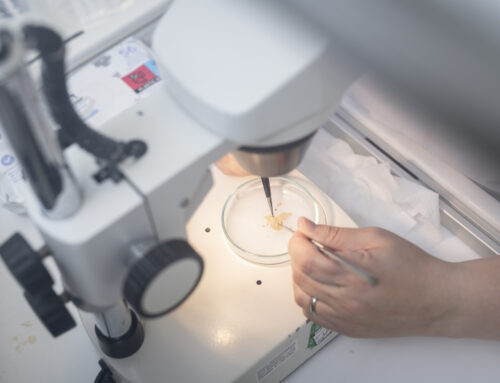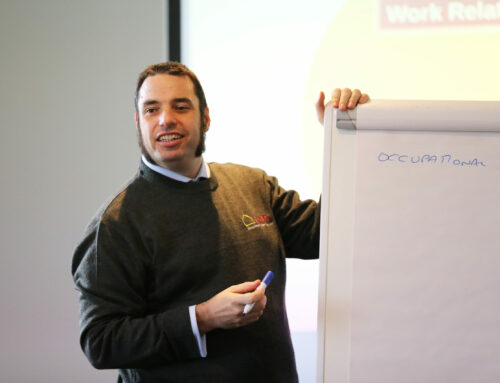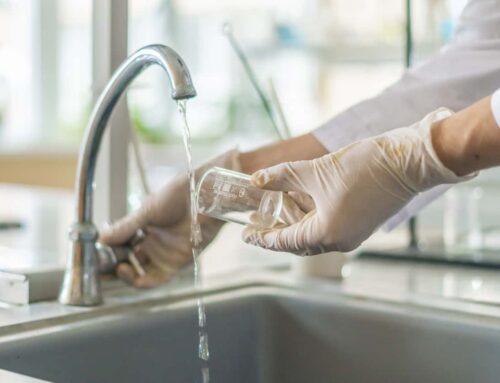
Legionella and Water Hygiene Services – Why?
As part of Casa’s new Water Hygiene Department, we offer a comprehensive set of control schemes and remediation services in compliance with The Management of Health and Safety at Work Regulations 1999 and ACoP L8. Persons responsible for the water systems within premises have a legal obligation to ensure that building users will not become exposed to waterborne bacteria.
Legionellosis is a collective term for diseases caused by legionella bacteria, including the most serious Legionnaire’s disease, which is categorized as a fatal form of pneumonia. Anyone can be susceptible to this infection.
Legionella bacteria also poses risk of other similar but less harmful conditions of Pontiac fever and Lochgoilhead fever.
What is Legionella?
Legionella is a naturally occurring bacteria that’s present in all water sources, including incoming mains water supply in small quantities. If the conditions are favorable, the bacteria can multiply rapidly.
Conditions proven to encourage multiplication of legionella bacteria:
• Temperatures in the range of 20–45 °C
• Nutrients are present to support bacterial growth. These may include scale, sediment, rust or sludge.
• Layers of ‘slime’ (commonly referred to as biofilm) allow for favourable growth conditions and act as a barrier, protecting the bacteria from common control methods or biocides.
• Stagnation and areas of poor circulation provide areas where the bacteria are more likely to multiply.
How does infection occur?
Infection tends to occur when small droplets of water containing the bacteria are inhaled and enter the lungs. This is commonly through the creation of aerosols which spread airborne water droplets or particles small enough to be inhaled and pass into the lungs.
Susceptibility to infection can be much higher amongst the following, and as such appropriate measures must be taken when these persons may be exposed to infection:
• Persons over the age of 45
• Smokers
• Persons with chronic respiratory or kidney disease
• Any persons with a weakened, compromised, or impaired immune system (including the elderly)
Why Casa?
Casa’s specially created risk assessment uses the above causation chain to establish risks and generate recommendations to minimize these risks and ensure full compliance. We will conduct an audit of your current management structure, records, and controls in place. We offer a range of control schemes and remedial actions identified from the risk assessment to ensure your water system’s safety.
Our control schemes include:
• Sampling
• Ongoing temperature monitoring
• TMV Servicing
• Tank Inspections
Our Remedial Actions Include:
• Clean and Chlorination of Tanks and Water Systems
• Removal of Dead Legs
• Re-engineering of Pipe Work
Our water hygiene services are compliant with HSE’s Approved Code of Practice L8, HSG 274: Legionnaires Disease, and BS 8580-1:2019. Casa will create a bespoke water management plan tailored to your needs to ensure safety and compliance.
If you have an enquiry or would like to find out more about our Water Hygiene department please contact us here.



